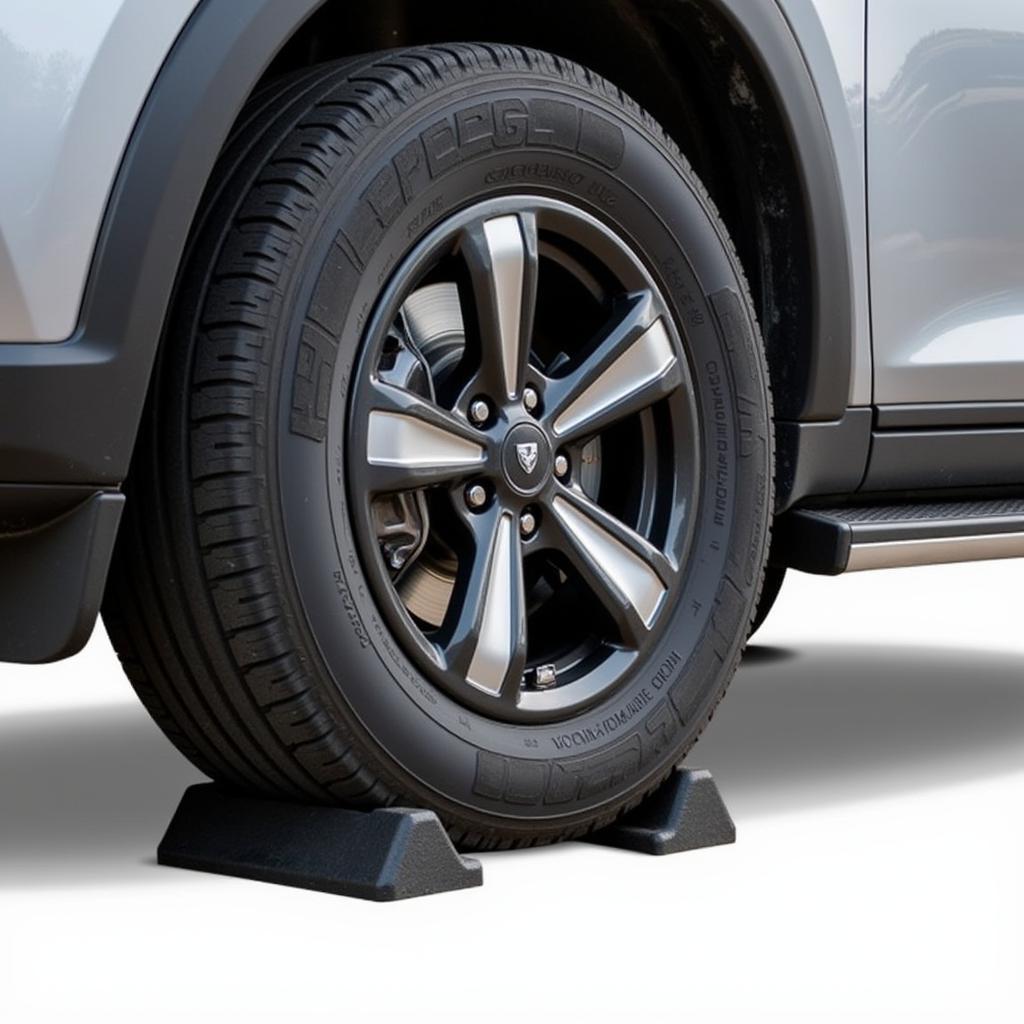Can a Car Wreck Cause Pacemaker Problems? Absolutely. While pacemakers are designed to be robust and withstand everyday activities, the trauma of a car accident can potentially affect their functionality. Understanding the risks and potential issues is crucial for both pacemaker patients and those involved in automotive repair and maintenance.
How a Car Wreck Can Impact a Pacemaker
The forces involved in a car wreck, such as sudden deceleration, impact with the steering wheel or dashboard, and deployment of airbags, can all pose risks to a pacemaker. These forces can lead to several potential problems:
- Lead Dislodgement: The leads connecting the pacemaker to the heart can become dislodged due to the impact, disrupting the electrical signals.
- Device Damage: While rare, the pacemaker itself can be damaged from the impact, affecting its ability to function properly.
- Sensing Issues: The pacemaker’s ability to sense the heart’s natural rhythm can be interfered with by the trauma, potentially leading to inappropriate pacing.
- Software Malfunction: Although less common, the software controlling the pacemaker could be affected, resulting in irregular pacing.
Recognizing Pacemaker Issues After an Accident
Following a car wreck, pacemaker patients should be aware of potential symptoms that could indicate a problem:
- Dizziness or lightheadedness: These can be signs of inadequate pacing or a slow heart rate.
- Shortness of breath: This could suggest the heart isn’t pumping effectively.
- Chest pain or palpitations: These might indicate irregular heartbeats or sensing issues.
- Swelling or bruising near the pacemaker site: This could be a sign of lead damage or device displacement.
If you experience any of these symptoms after a car accident, seek immediate medical attention.
What to Do if You Suspect Pacemaker Problems
If you or someone you know experiences these symptoms after a car wreck, take the following steps:
- Call emergency services immediately. Time is crucial in these situations.
- Inform first responders about the pacemaker. This information will guide their treatment approach.
- Provide medical personnel with the pacemaker identification card. This card contains crucial information about the device and its settings.
- If possible, contact the patient’s cardiologist. They can provide specific advice and coordinate care.
Can a Car Wreck Cause Permanent Pacemaker Problems?
While a car wreck can certainly cause immediate issues with a pacemaker, permanent damage is less common. The extent of the damage often depends on the severity of the accident and the specific impact on the device or leads.
“In most cases, minor lead adjustments or device reprogramming can address the problems caused by a car wreck,” explains Dr. Emily Carter, a leading cardiothoracic surgeon. “However, in more severe cases, lead replacement or even device replacement may be necessary.”
Preventing Pacemaker Issues in Car Accidents
While there’s no way to completely eliminate the risk, some precautions can help mitigate potential issues:
- Wear your seatbelt properly. This is the single most effective way to reduce injuries in a car accident, including those that could affect a pacemaker.
- Maintain a safe following distance. This gives you more time to react and potentially reduce the severity of an impact.
- Ensure your pacemaker is regularly checked. Regular check-ups with your cardiologist can identify and address any potential issues before they become serious.
Dr. David Miller, a renowned electrophysiologist, adds, “Regular pacemaker checks are essential, especially for those who have been involved in even minor car accidents. Early detection of potential problems is key to ensuring optimal pacemaker function.”
Conclusion
Can a car wreck cause pacemaker problems? Yes, it can. Understanding the risks, recognizing the symptoms, and taking appropriate action are essential for both patients and automotive professionals. While modern pacemakers are designed for durability, the forces involved in a car wreck can still pose a threat. By taking preventative measures and seeking immediate medical attention when necessary, we can minimize the potential impact of these events. For more information or support, contact AutoTipPro at +1 (641) 206-8880 or visit our office at 500 N St Mary’s St, San Antonio, TX 78205, United States.






Leave a Reply